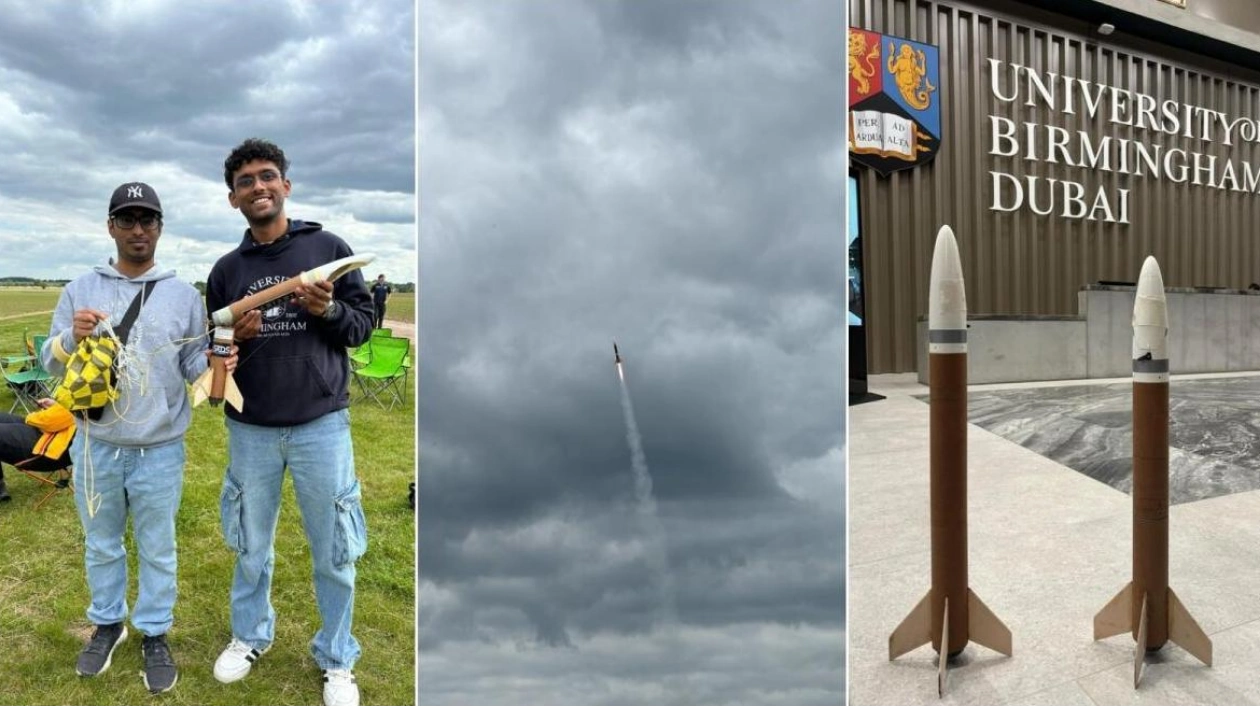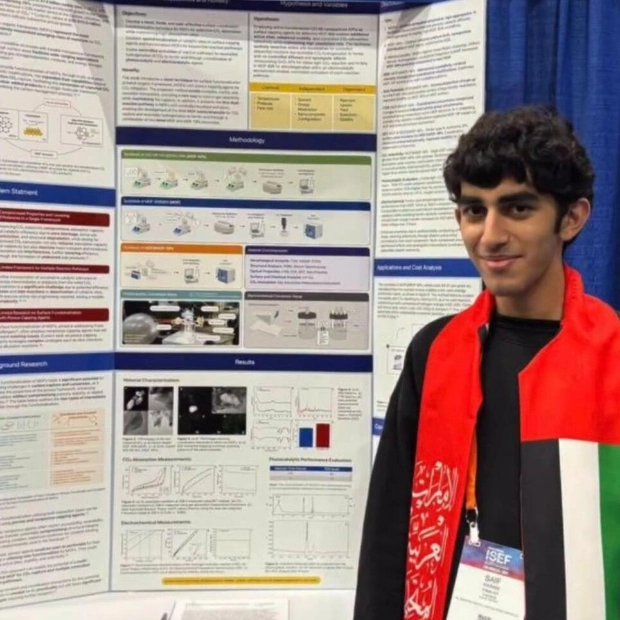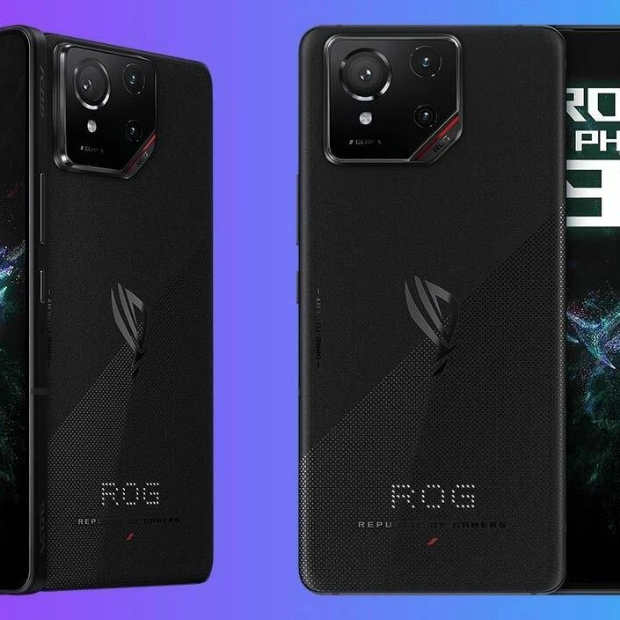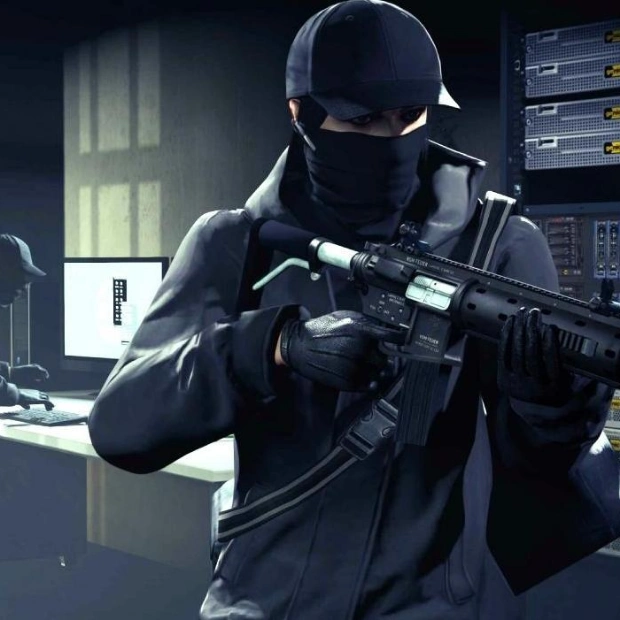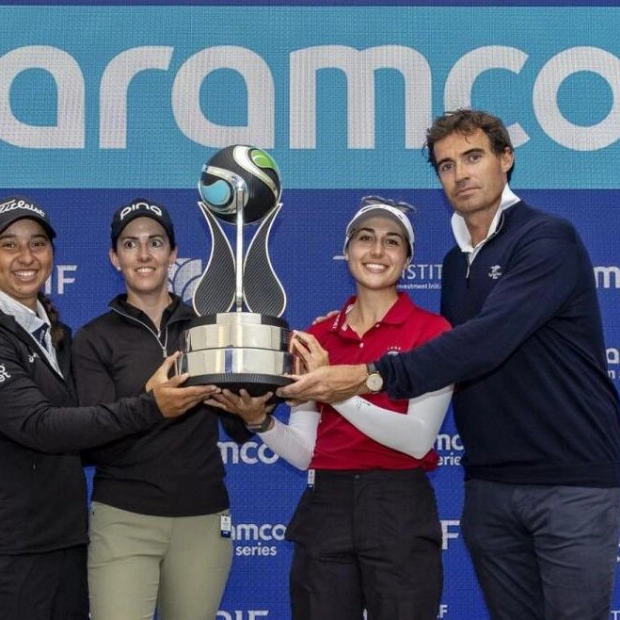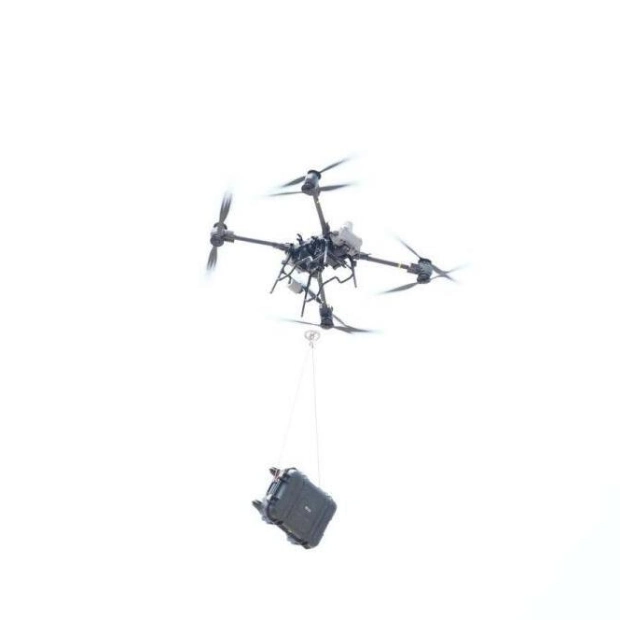Students from a Dubai university made a remarkable achievement by winning the UKSEDS National Rocketry Championship. Their rocket design was influenced by the UAE’s successful space missions. This success highlights the commitment and expertise of the Space Society members at the University of Birmingham Dubai (UoBD), who learned to design a rocket from scratch with the help of their UK campus.
Ashton Desouza, the Founding President of the UoBD Space Society and team lead, told Khaleej Times that the UAE’s space programs have inspired students from various fields. “Space has become a priority in the global industry, and the UAE’s milestones motivate us to join this exciting field. Although my team members and I have backgrounds in mechanical or computer science engineering, not aerospace, we learned about software design and manufacturing techniques online from our UK counterparts—special thanks to Joseph Ward. We had no prior experience before this and winning was a significant achievement,” said Desouza.
The UAE student-led rocket traveled about 500 meters from the Midlands Rocketry Club in the UK. “Youth groups from across the United Kingdom participate in this competition by launching their rockets. There were several preliminary safety tests to pass before the launch, including checks by the safety range officer,” explained a student who recently graduated with a Mechanical Engineering degree from UoBD.
The UoBD students won the award among 150 university students and 20 teams with their innovative rocket design, which they successfully demonstrated through its launch, recovery, and relaunch on the same day. They were the only team to achieve this at the competition. Another team member, Muhammed Mirza Villantakath, noted, “Our rocket, which weighs between 600-700g, is recoverable, meaning it has a parachute inside for safe recovery. Otherwise, it becomes ballistic and unsafe. This was a requirement of the competition. We prepared our initial design outline and payload in December 2023, and the rocket was ready by March.”
The students transported the completed rocket model, which passed all airport security checks. However, their UK supplier provided items they couldn’t bring on the plane, such as the phenolic tube, parachute, and rail guides. Arjun Sailesh, the Vice President of the space club and a team member, explained their unique selling point. “Conventionally, model rockets use a black-powder ejection charge for parachute recovery. However, due to the need for preliminary safety checks on our recovery system and local regulations prohibiting the commercial use of black powder, we researched and designed an alternative electronic recovery system,” he said.
As a university space club, students engage passionately in various activities, including competing in international competitions, field visits, conferences, and exhibitions, while collaborating with their UK campus. Meanwhile, another team of six members from UoBD won the UKSEDS Olympus Rover Competition this July. Team lead Sriya Konduparti said, “Inspired by a visit to the Mohammed Bin Rashid Space Centre (MBRSC), where we encountered a model of the Mars Rover, my team and I started designing our six-wheel rover in November 2023.” After seven months of hard work and innovation, they completed the design in May 2024.
“As a Computer Science student, I had to explore new areas, mastering fusion and PCB design along with other necessary concepts,” she added. “Our university lacks an electrical engineering department, which was a significant challenge for our other member Aaqish Gaffar, our electrical head. Meanwhile, team members Priyangshu Naha and Suryanarayana Datla handled the mechatronics and coding for the camera and sonar systems. Jana Khalifa, our lone mechanical engineering student, meticulously refined the design, ensuring every detail was perfect,” said Konduparti.
Despite numerous redesigns and learning challenges, the students’ enthusiasm and perseverance led them to build a 3kg rover they are proud of. Egyptian expat Jana Khalifa noted, “One challenge we faced was acquiring all the necessary materials. We sourced them from various electronic suppliers in Dubai and Sharjah, assembled them locally, and received some from the university.” “Transporting the rover to the UK was another obstacle. We had to find a battery that met the airline’s requirements, which meant it had to be under 12 volts and depleted before the flight. Ultimately, it was all worth it when we won,” added the 20-year-old.
